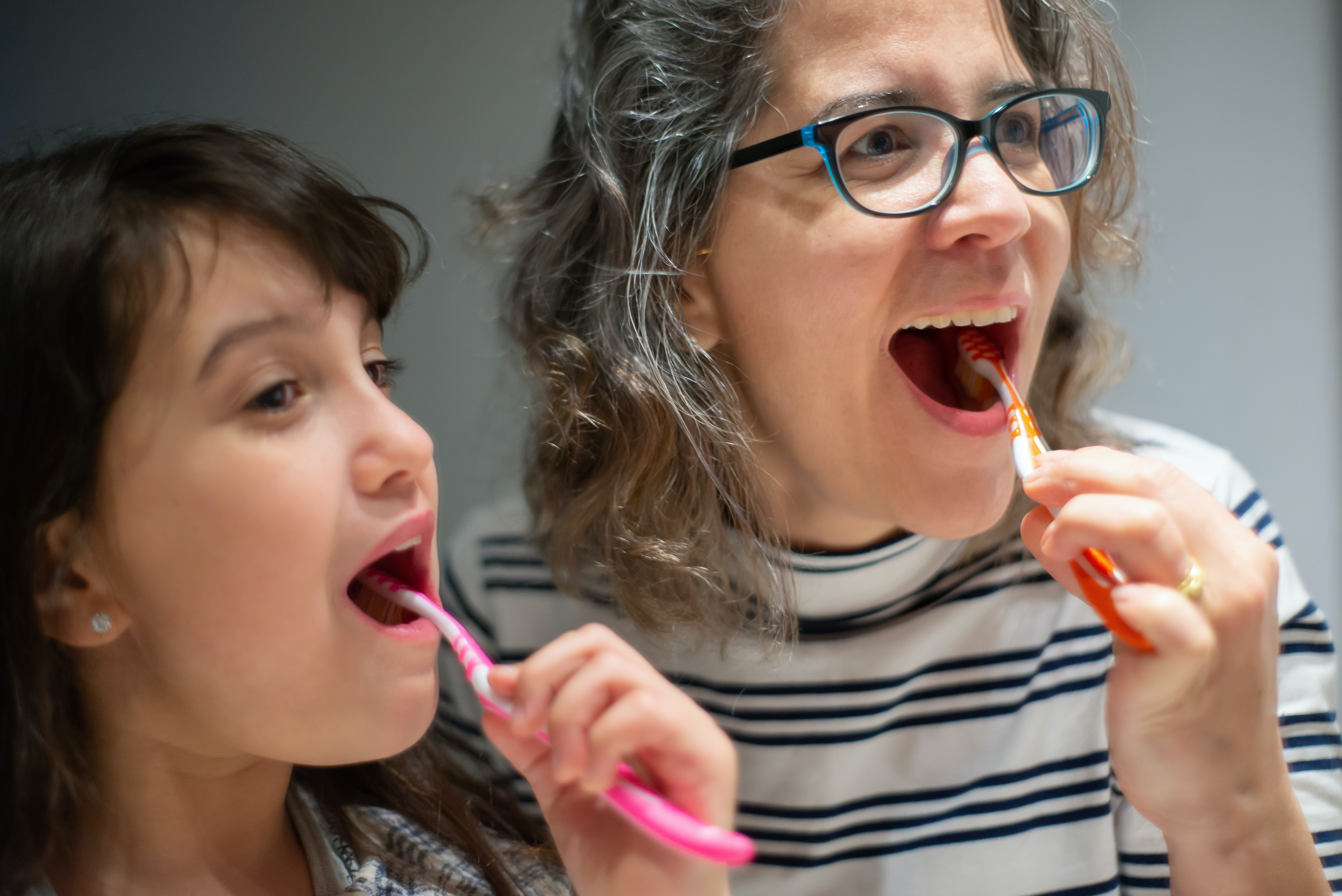
Why is oral hygiene important?
Smiling is regarded as one of the simplest ways to lighten up anyone’s day. A good healthy smile is not just about a perfect set of teeth but overall good oral hygiene. Plus, having good oral health makes it possible for you to chew, swallow, speak and enjoy all the tasty treats!
Good oral health can significantly improve self confidence and quality of life. Here are a few tips for you to take control of your oral health and feel confident in your smile.
> What is oral hygiene?
Oral hygiene more than perfect white teeth, it is about preventing serious dental problems that can cause pain, and discomfort, and lead to more serious health issues.
Oral hygiene refers to the practice of maintaining the health and cleanliness of the mouth and teeth to prevent dental problems such as cavities, gum disease, and bad breath. This includes daily habits such as brushing and flossing the teeth, using mouthwash and visiting the dentist regularly for check-ups and cleanings.
Good oral hygiene is essential for overall health and can help prevent a range of health problems that are associated with poor oral health, including cardiovascular disease, diabetes, and respiratory infections. By maintaining proper oral hygiene, individuals can prevent tooth decay and gum disease, as well as maintain a healthy and attractive smile.
> Problems caused by Poor Oral Health
Lack of oral health can lead to several dental problems and also have an impact on a person's overall health. Some of the problems caused by poor oral health include:
1. Tooth Decay: Poor oral hygiene can lead to the accumulation of plaque on the teeth, which produces acid that can erode tooth enamel and cause cavities.
2. Bad Breath: Poor oral hygiene can lead to persistent bad breath or halitosis, which can be embarrassing and affect a person's self-esteem.
3. Stained Teeth: Consuming foods and drinks that contain high levels of pigments can cause teeth to become discoloured and stained.
4. Gum Disease: When plaque and tartar buildup on the gum line, it can cause inflammation and infection of the gums, leading to gum disease. This condition can cause tooth loss if left untreated.
5. Oral Cancer: Poor oral hygiene can increase the risk of developing oral cancer, a serious and potentially life-threatening disease.
Poor oral hygiene can also increase the risk of developing other health problems, such as cardiovascular disease, diabetes, and respiratory infections. It is important to maintain good oral hygiene practices and to visit the dentist regularly, to prevent these health problems.
> Tips to maintain good oral hygiene and prevent dental problems
Maintaining good oral health involves a combination of regular dental check-ups and daily habits. Here are some tips to help maintain good oral hygiene:
1. Brush your teeth twice a day: Brush your teeth for at least two minutes using fluoride toothpaste. Make sure to brush all surfaces of your teeth, and gums gentling in short circular strokes.
2. Floss daily: Flossing can help you get rid of food particles from the gaps of your teeth where a toothbrush can’t reach. It also helps remove and prevents plaque build-up.
3. Use mouthwash: Mouthwash can help kill bacteria and freshen breath. Look for a mouthwash that contains fluoride for added protection against tooth decay.
4. Limit sugary and acidic foods and drinks: Sugary and acidic foods and drinks can erode tooth enamel and cause cavities. Limit your intake of these types of foods and drinks and try to consume them with meals instead of as snacks.
5. Quit smoking: Smoking and tobacco use can cause oral cancer, lung cancer and other health problems.
As you grow older you are more prone to dental problems such as cavities and gum problems. Regular dental check-ups and cleanings can help detect and prevent dental problems before they become more serious. It is recommended to visit the dentist at least twice a year.
By following these tips, you can maintain good oral hygiene and prevent dental problems. If you have any concerns about your oral health, be sure to consult your dentist.
